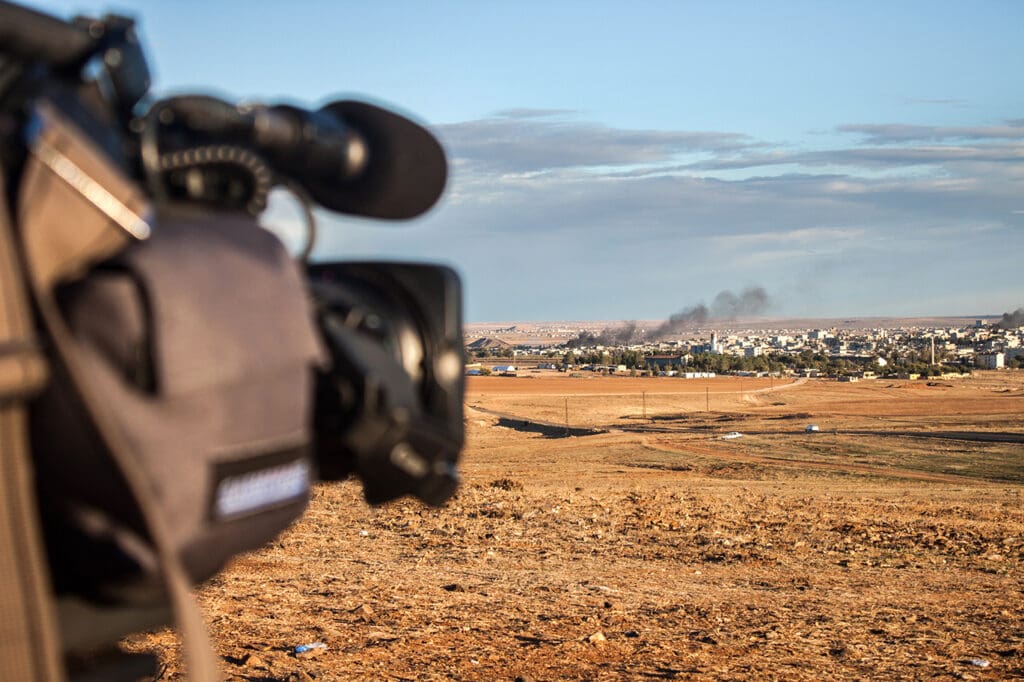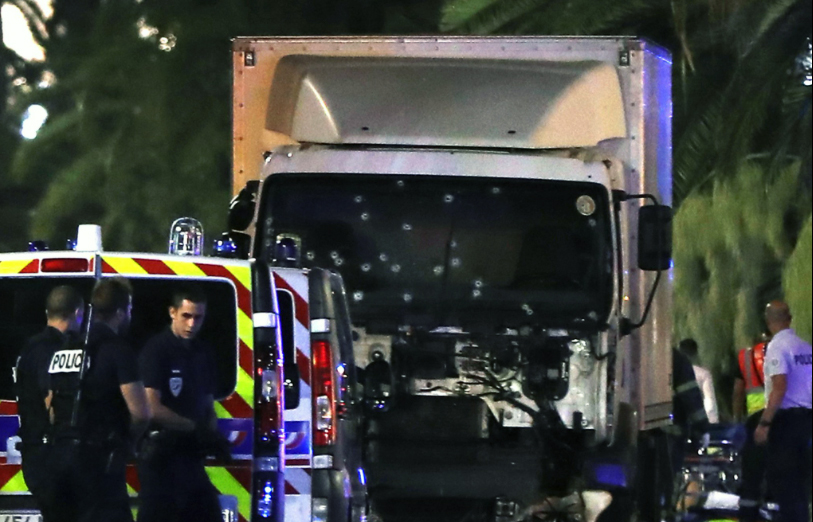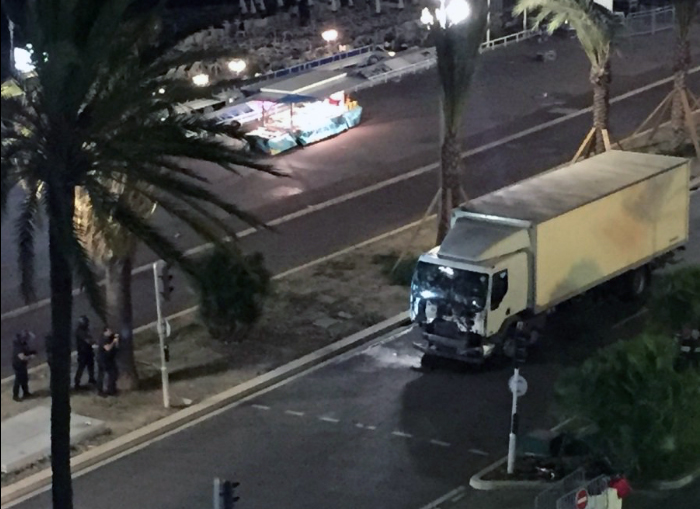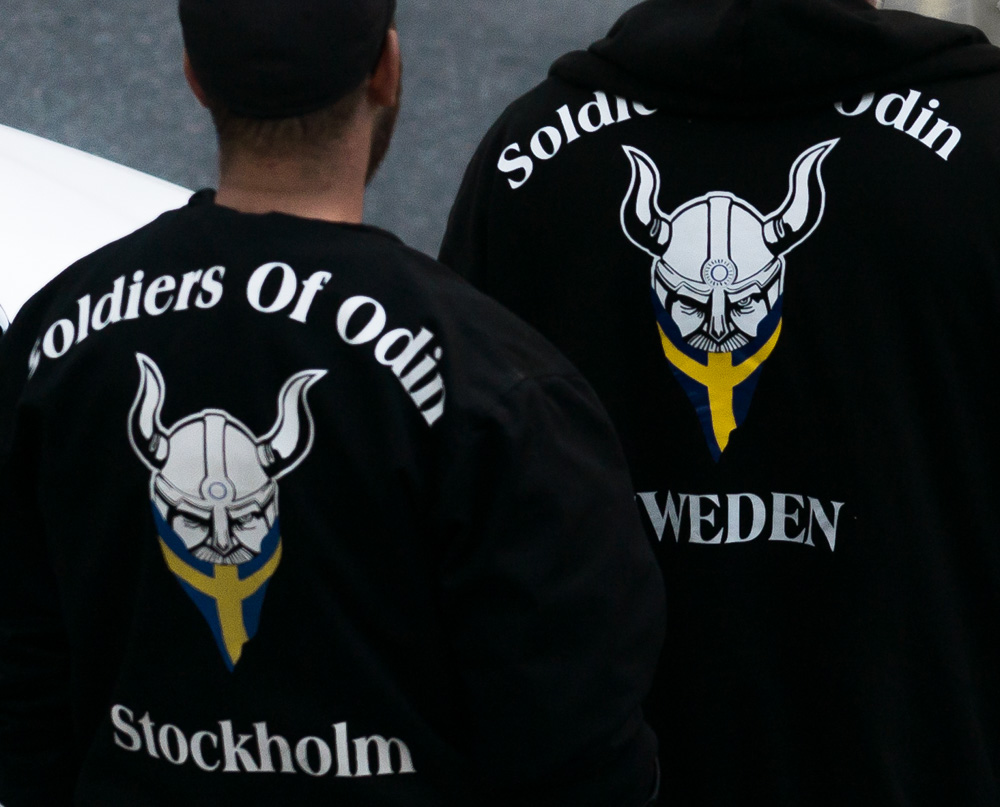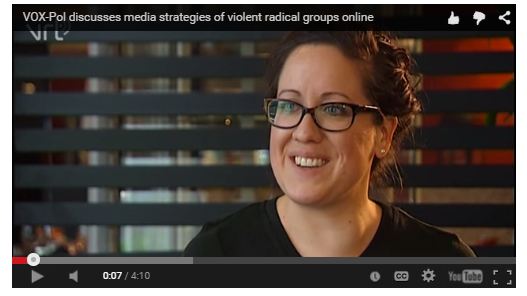ISIS
Blog
Interpreting Data About Islamic State Online
January 18, 2017By Ali Fisher Challenging ISIS has little to do with their number of followers, or the decline in their number of messages. This type of tactical-level data can indicate success, but genuine impact can only occur with robust interpretation of data at the strategic level. Recent studies have been used to claim success in reducing the number of followers ...
Blog
Who is Winning the Syrian Digital War?
December 7, 2016By Amarnath Amarasingam The Syrian war has been, for good and often for ill, an incubator for developing new tools and strategies for digital conflict. Whether any of these actors “win” the Syrian war, their digital strategies will likely be with us for a long time. ISIS and other jihadist groups have inspired tens of ...
Blog
Some Recent Trends in the Use of the Internet/ICT for Terrorist Purposes – Part III
November 16, 2016The following is the third of three blog posts reporting on discussions at a workshop held in the Swiss Federal Institute of Technology, ETH Zurich, Switzerland on 25 August 2016 under the auspices of the UN Counter Terrorism Committee Executive Directorate (UNCTED) and the Swiss-based ICT4Peace Foundation and their joint project on ‘Private Sector Engagement in ...
Newsletter
VOX-Pol Newsletter 3(4) November 2016
November 10, 2016Welcome to Vol. 3 Issue 4 of the VOX-Pol Newsletter. If you have colleagues or friends who may be interested in the content of this newsletter or any events and research carried out by VOX-Pol, please encourage them to subscribe via our website. Follow us on Twitter @VOX_Pol for live updates and releases. Yours sincerely, The VOX-Pol ...
Blog
Some Recent Trends in the Use of the Internet/ICT for Terrorist Purposes – Part I
November 2, 2016The following is the first of three blog posts reporting on discussions at a workshop held in the Swiss Federal Institute of Technology, ETH Zurich, Switzerland on 25 August 2016 under the auspices of the UN Counter Terrorism Committee Executive Directorate (UNCTED) and the Swiss-based ICT4Peace Foundation and their joint project on ‘Private Sector Engagement ...
Blog
Online Responses to Terrorist Attacks: A #niceattack Case Study – Part 2: The Aftermath
October 26, 2016This blog post is a follow-up to last week’s post on Twitter activity following the terrorist attack that took place in Nice, France, on 14 July, 2016 and associated real-world events during the ensuing week. It is part of a larger project exploring hashtag activism in CVE. The first posts traced the online reaction to ...
Blog
Online Responses to Terrorist Attacks: A #niceattack Case Study – Part 1: The First 20 Minutes
October 19, 2016This blog post and a follow-up next week analyse Twitter activity following the terrorist attack that took place in Nice, France on 14 July, 2016 and associated real-world events during the ensuing week. It is part of a larger project exploring hashtag activism in CVE. This first posts traces the online reaction to developments during ...
Blog
Accusations in a Mirror: ISIS, Anti-Muslim Hate Speech, and the Refugee Crisis
September 21, 2016Rather than analyzing the so-called ‘Islamic States’’ use of (social) media, in this post Dr. Matti Pohjonen, VOX-Pol Research Fellow 2016, explores if parallels can be drawn between it and a topic he’s more familiar with: far right anti-Islamic hate speech. Following the Paris, Brussels, and other attacks, newspaper commentaries have routinely warned about the ...
Blog
EXTREMISMO VIRAL – When did Islamic State’s (IS) Online Media Strategy Begin to Take Shape?
July 27, 2016At the end of April, VOX-Pol’s Coordinator, Prof. Maura Conway, exchanged a series of emails with Brazilian magazine Imprensa’s Gabriela Ferigato for a feature piece she was writing on the so-called ‘Islamic State’s’ online activity. The feature appeared recently and is available to read HERE for Portuguese speakers. A lightly edited version of the original ...
Blog
Interview with ISIS-chan – The Cute Anime Character Fighting ISIS Propaganda
June 22, 2016By Moign Khawaja and Sara Dissanayake The Islamic State, previously calling itself the Islamic State of Iraq and the Levant (ISIL) or the Islamic State of Iraq and Syria (ISIS) is a Sunni jihadist group active in Iraq and Syria. The group has been labeled a terrorist organisation by the UN for committing gross human ...

